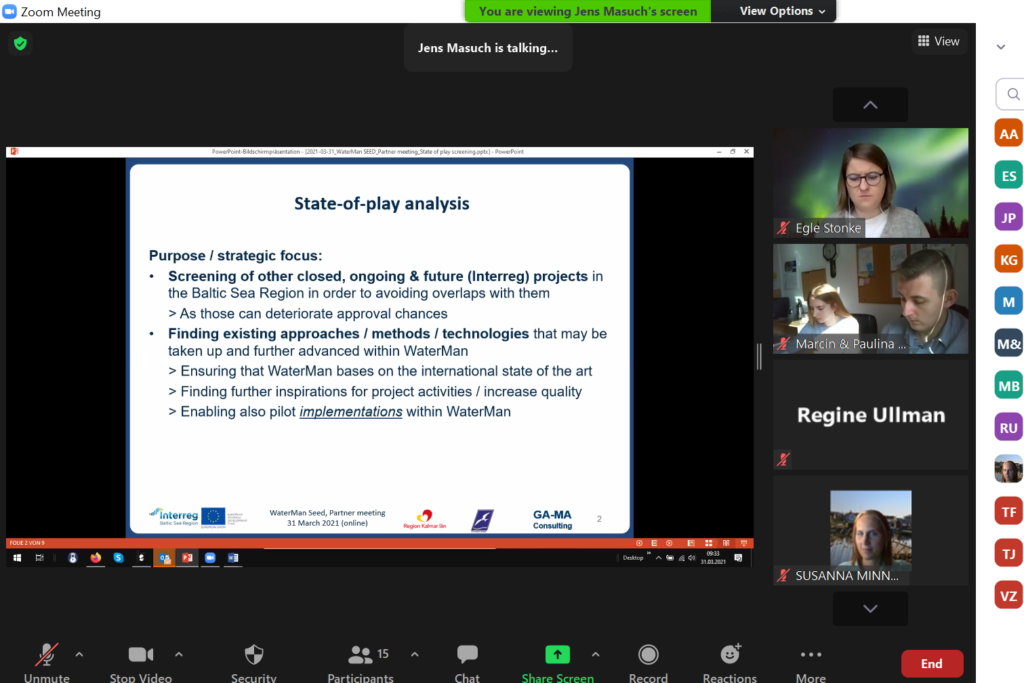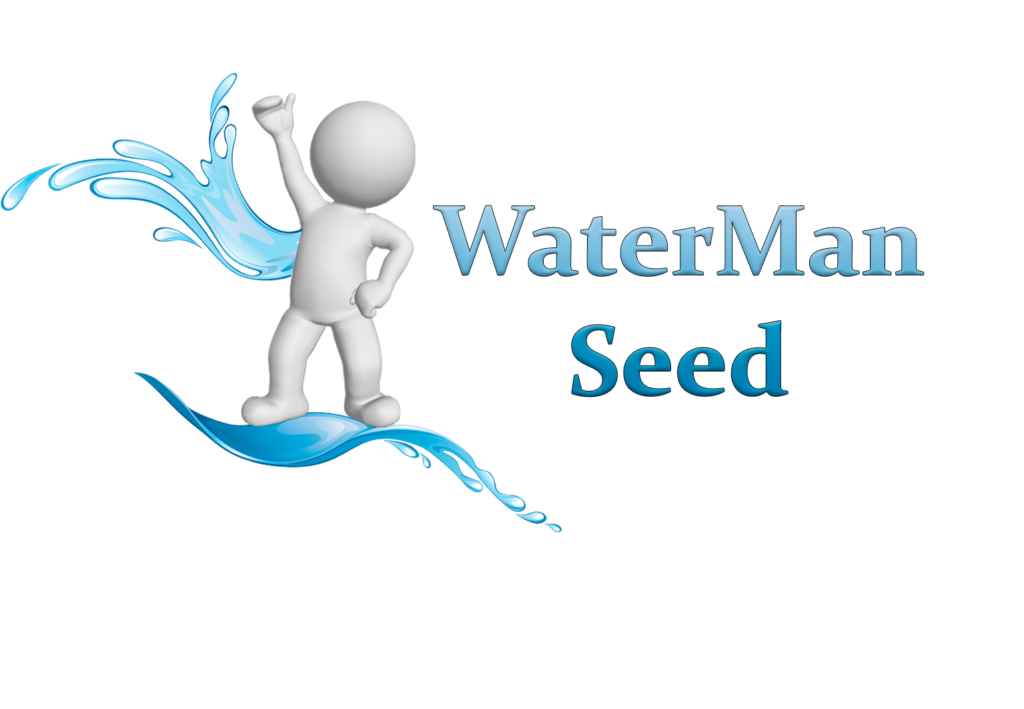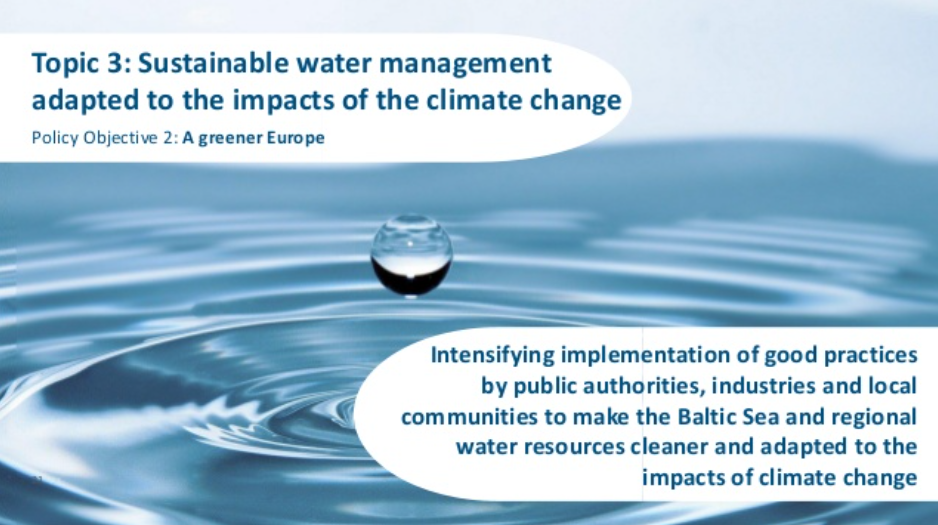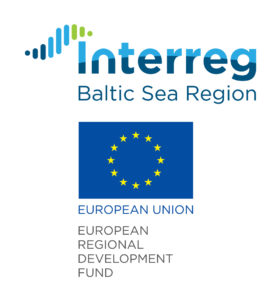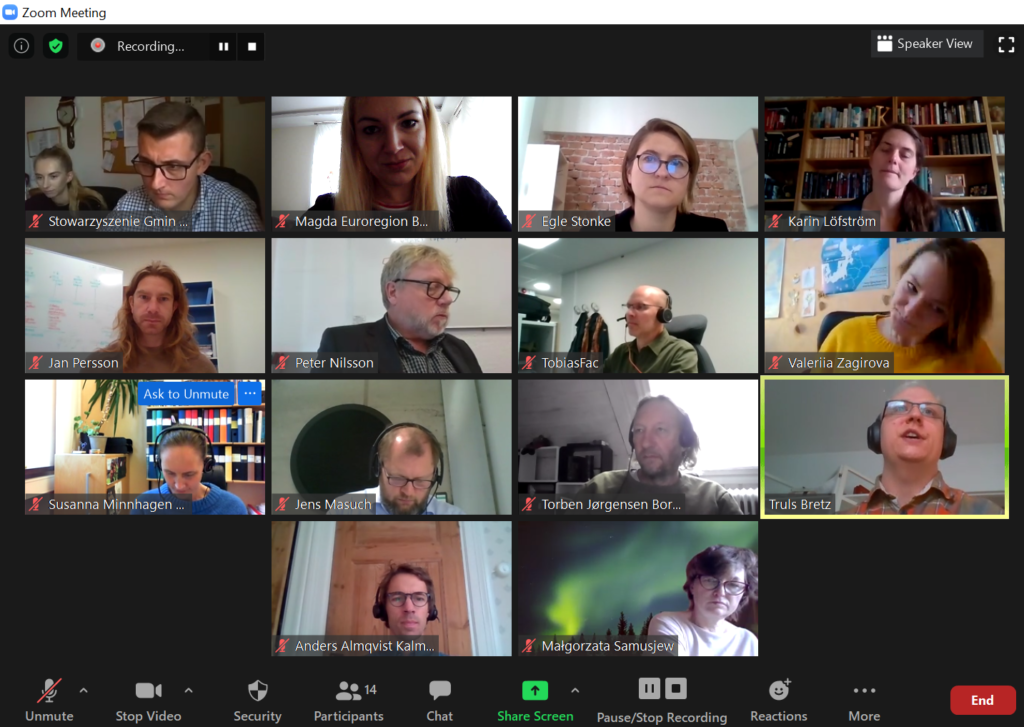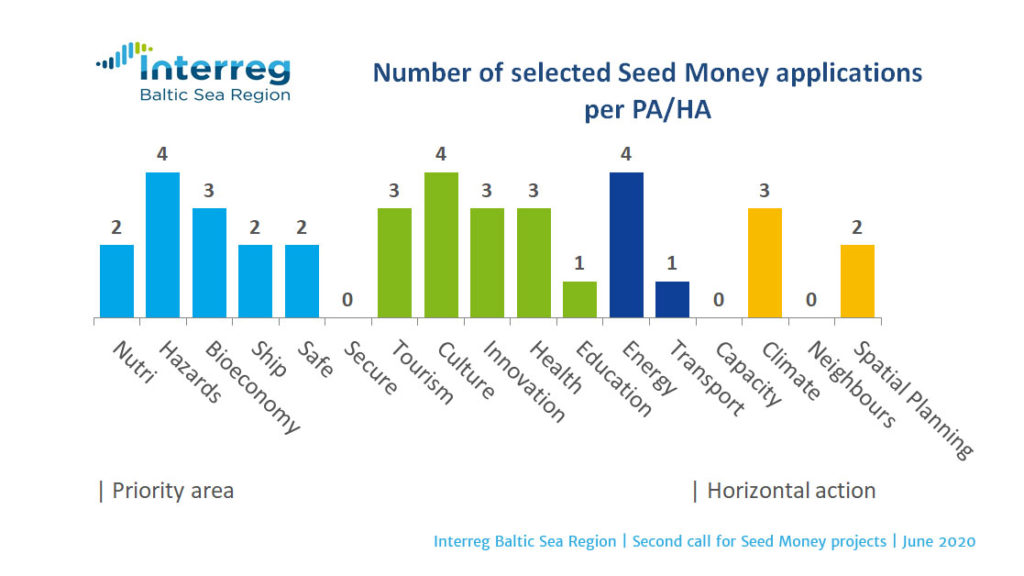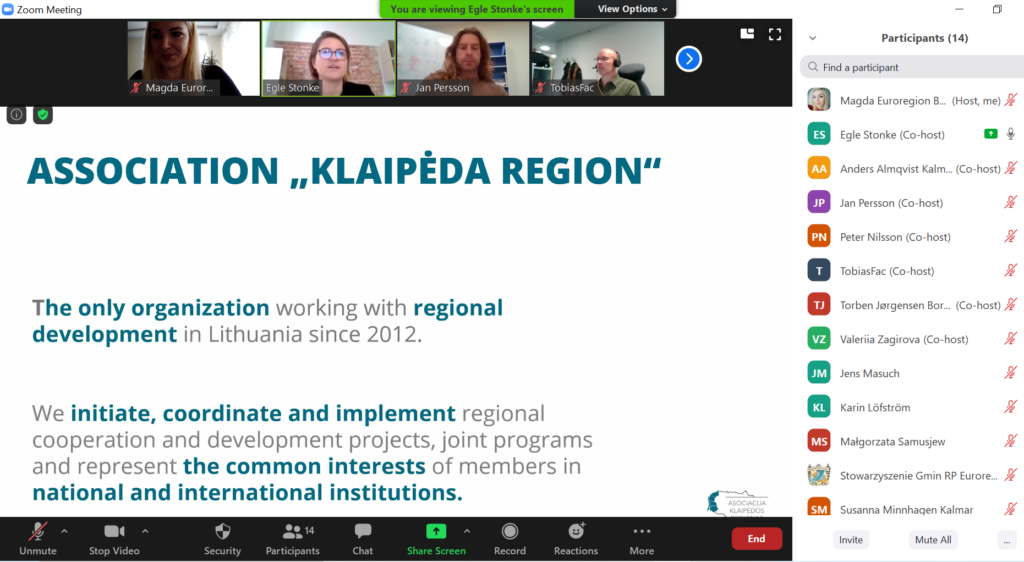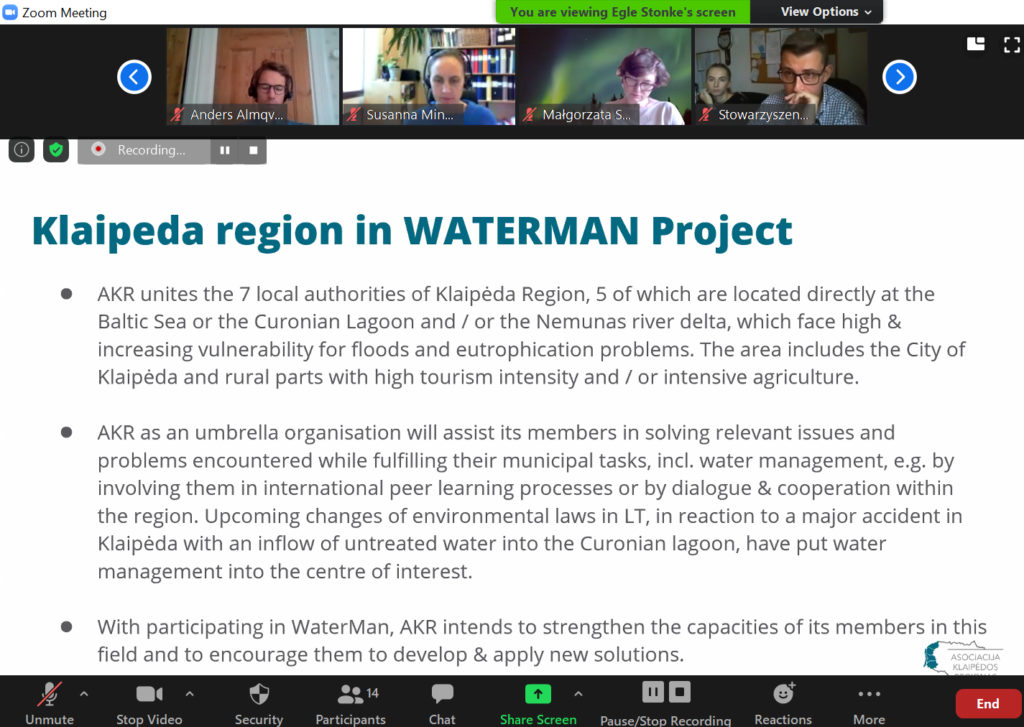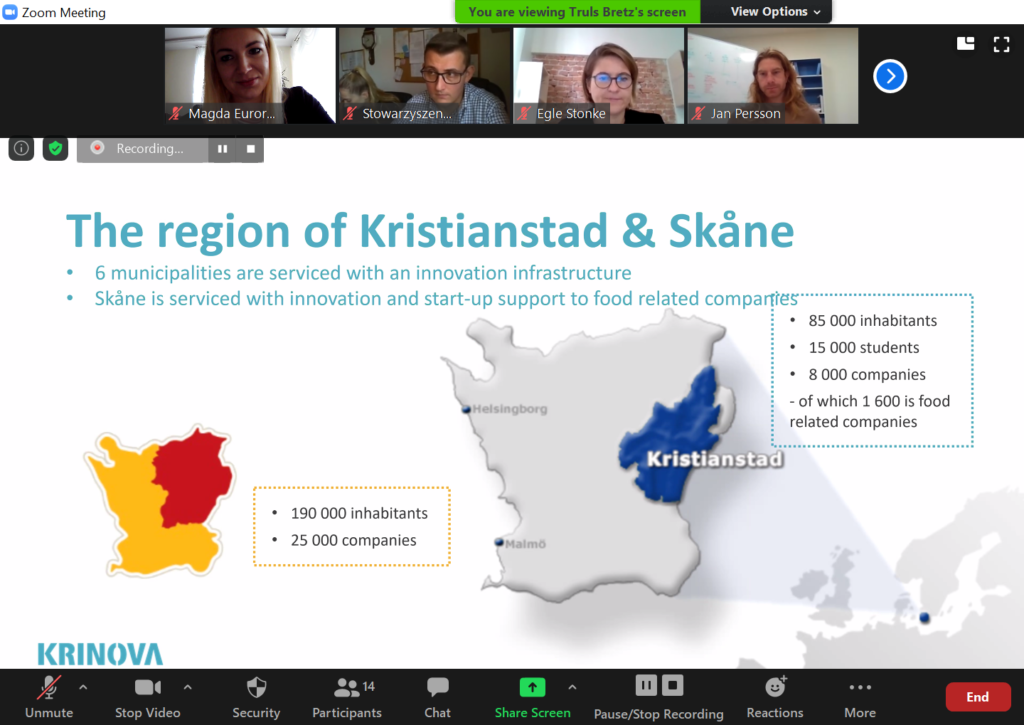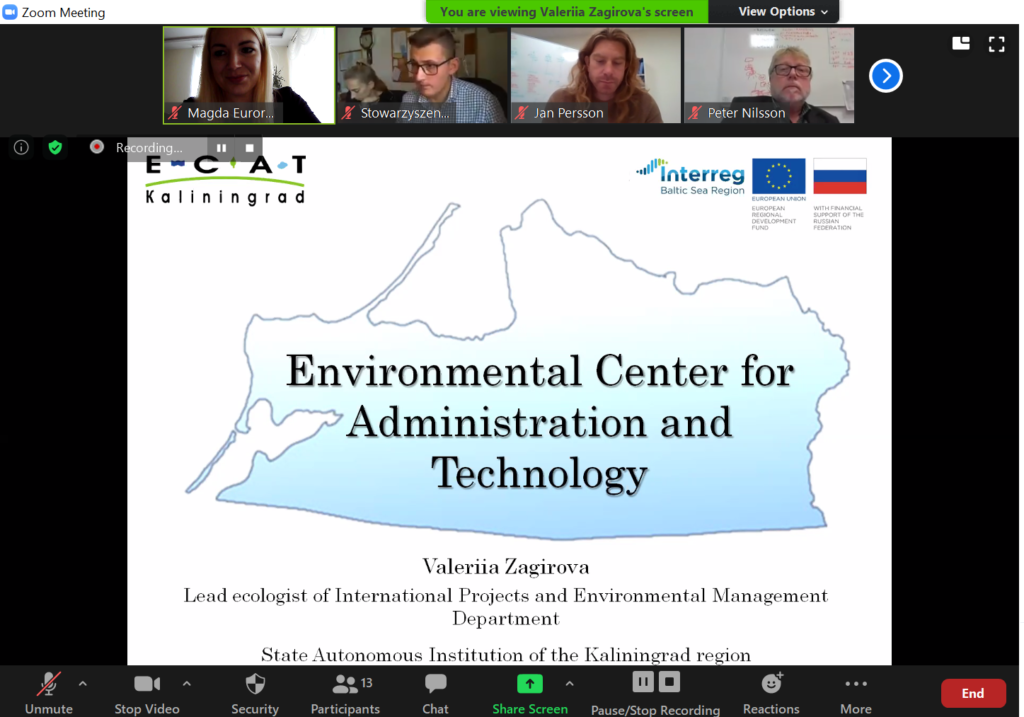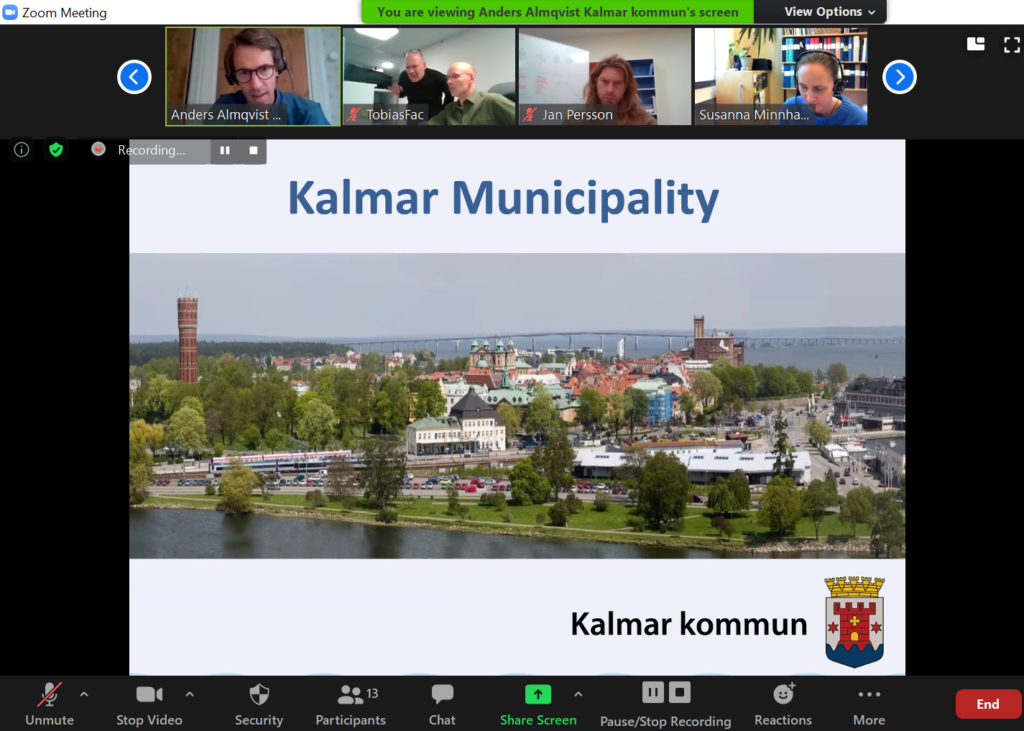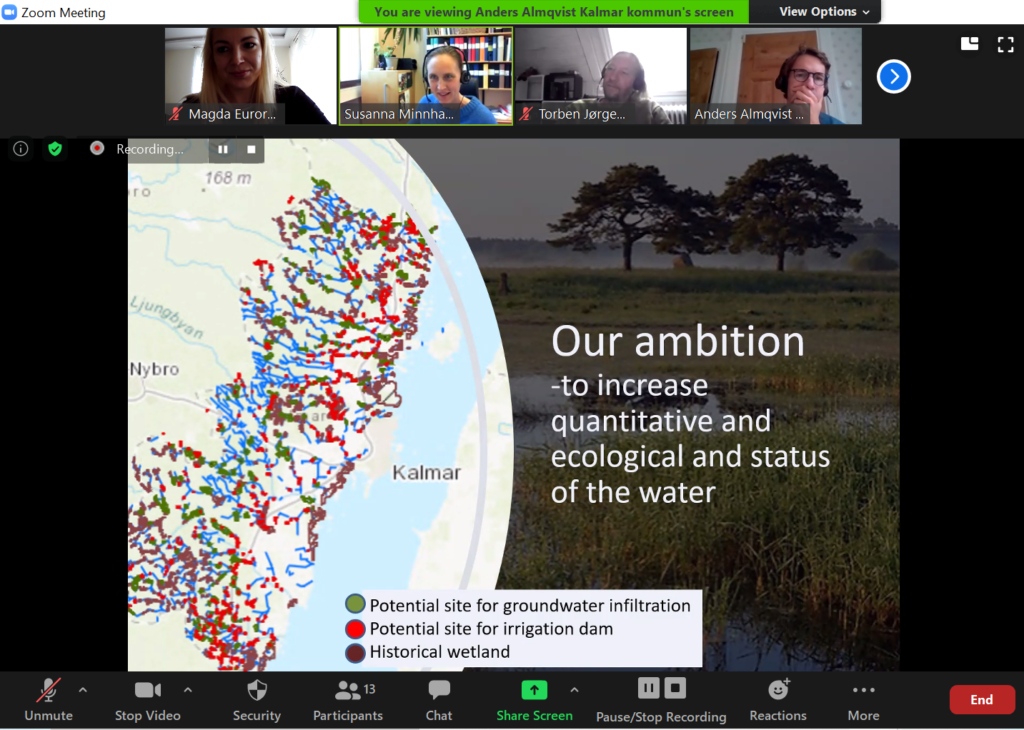The 3rd Seed money call for proposals of the Interreg South Baltic Programme 2014-2020 is open between 13 September and 5 November 2021. The call is open for proposals which are aiming to develop ideas for regular projects to be implemented and financed under the future Interreg South Baltic Programme 2021-2027.
The template of the ISBP 2021-2027 being under public consultation by 15 October 2021 is available here
The applications must be developed under one of the current Interreg South Baltic Programme 2014-2020 specific objectives:
- SO 1.1 Increase the presence of blue and green sector SMEs from the South Baltic area in international markets through joint cross-border actions;
- SO 1.2 Improve the transfer of innovation for the benefit of blue and green sector SMEs through joint cross-border actions;
- SO 2.1 Increased development of the South Baltic area’s natural and cultural heritage assets into sustainable tourist destinations;
- SO 2.2 Increased use of green technologies in order to decrease the pollution discharges in the South Baltic area;
- SO 3.1 Improve the quality and environmental sustainability of transport services in the South Baltic area
- SO 5.1 Improve the cooperation capacity of local South Baltic area actors through participation in cross-border networks.
Interested applicants are invited to access the application documents here
The call closes on 5th November 2021 (Friday), 4:00 p.m. CET.
The Joint Secretariat is organising a webinar with questions and answers session dedicated to the 3rd Seed money call on 23rd September at 1:00 p.m. CET. The registration for the webinar is available here
The GDPR rules for the meeting are here. Please, say YES during the registration if you consent to the rules.
In case of questions, please contact Project Officers at JS, contact details to be found here
